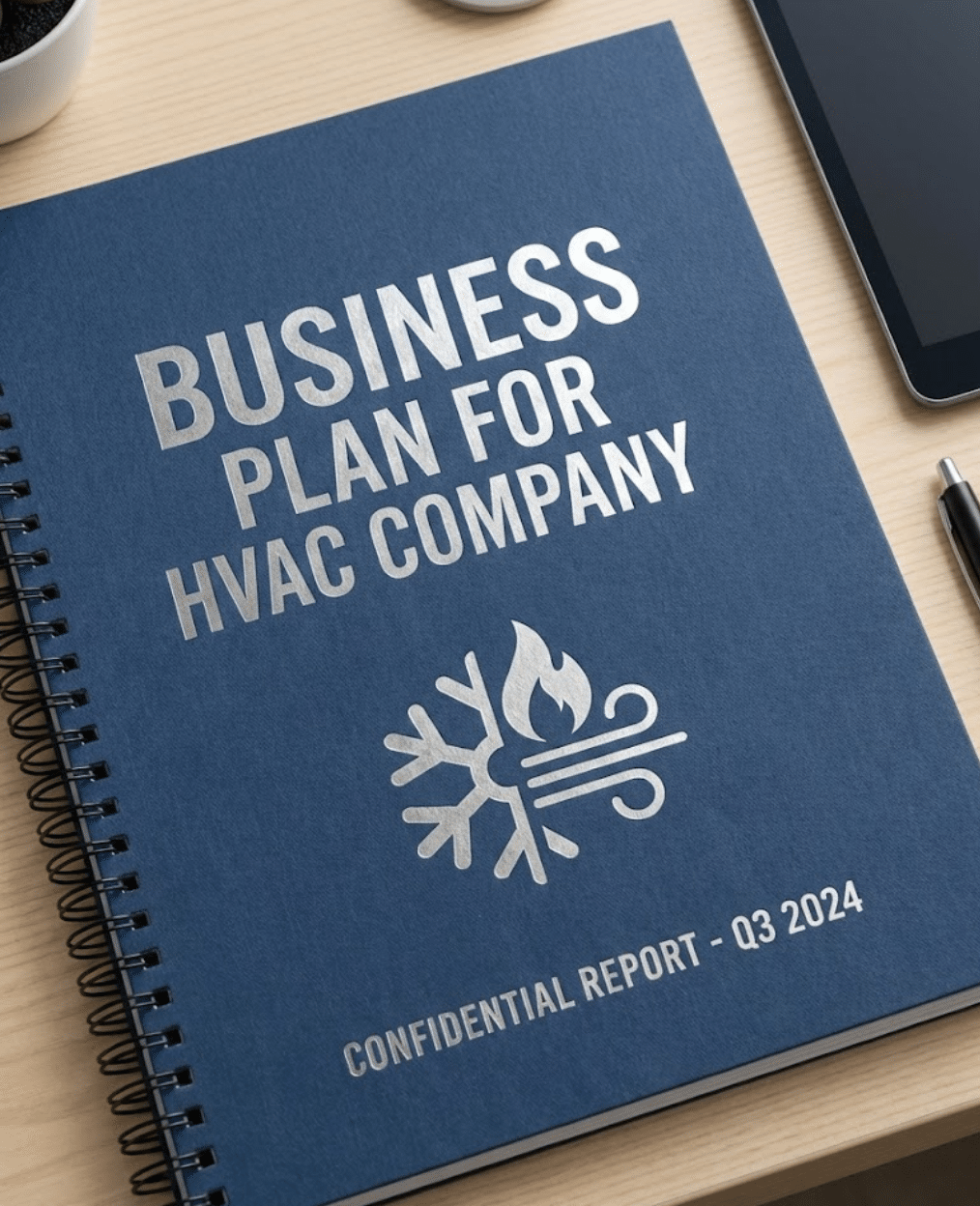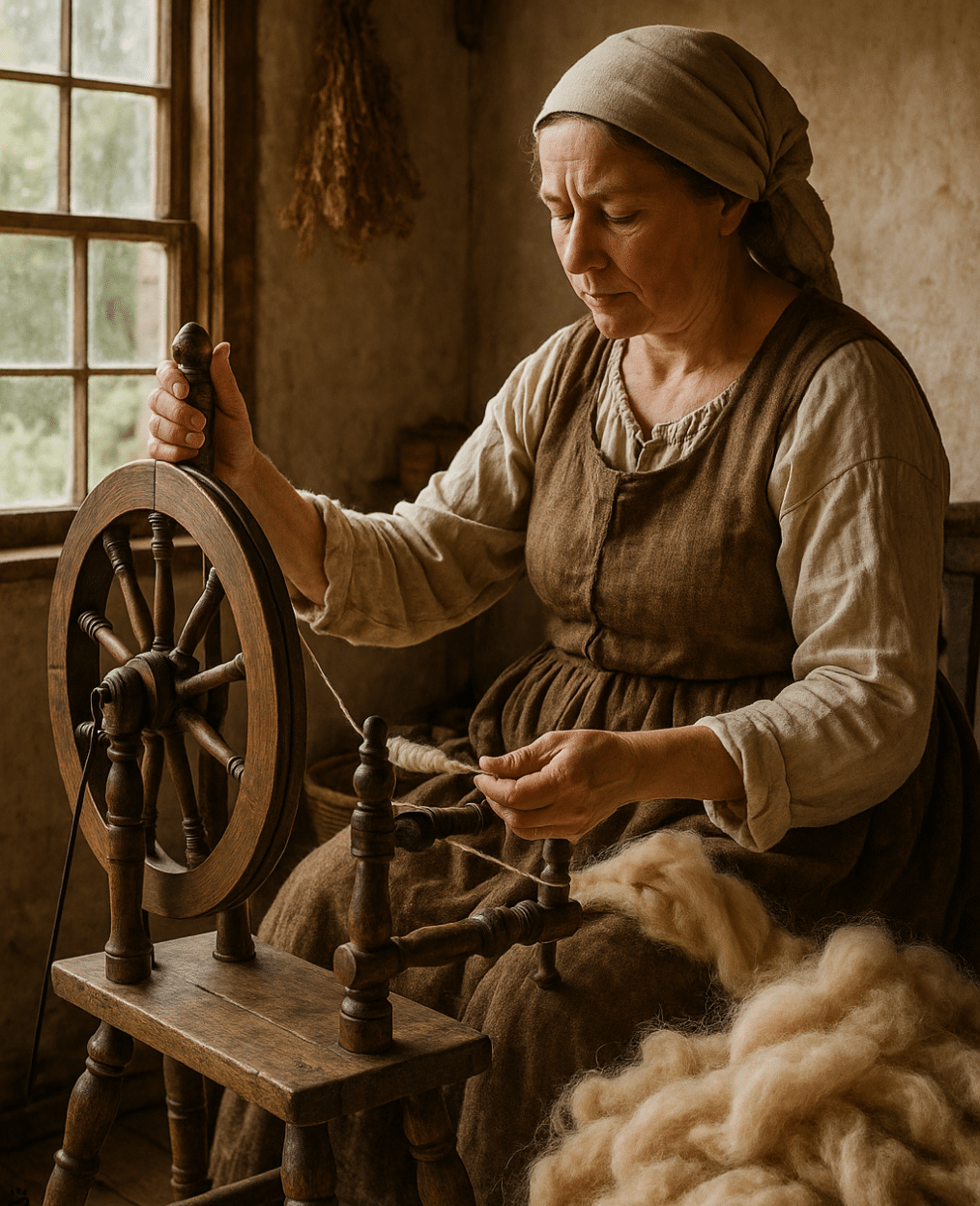
Wondering how to start a record pressing plant?
Vinyl records have made a comeback in recent years, with music enthusiasts and collectors seeking the unique sound and experience of physical music. With this resurgence, there has been a growing demand for record pressing plants. If you’re considering starting a record pressing plant, this guide will help you get started.
Record pressing plants play a vital role in the music industry. These facilities are responsible for producing vinyl records, which have become increasingly popular in recent years. In the early days of recorded music, pressing plants were a necessary part of the industry. However, with the advent of digital music, the need for pressing plants declined. Despite this, vinyl records remained a beloved format, and in recent years, their popularity has surged. This has led to a renewed interest in pressing plants and a growing demand for vinyl records.
In this guide, we will discuss how to start a record pressing plant and the essential steps you need to take to get your business off the ground.
I. Market Research
Before starting any business, it’s crucial to conduct market research. This step will help you determine if there is a demand for your product or service, identify your target market, and analyze your competition.
To begin your market research, you should start by analyzing the current demand for vinyl records. According to the Recording Industry Association of America (RIAA), vinyl records have experienced significant growth in recent years. In 2020, vinyl records generated $619.6 million in revenue, accounting for 27% of all physical music sales. This demonstrates that there is a significant demand for vinyl records.
Once you have determined that there is a demand for your product, you should analyze your competition. This step will help you identify your competitors, assess their strengths and weaknesses, and determine how you can differentiate your business from theirs.
Some of the key players in the record pressing industry include United Record Pressing, Gotta Groove Records, and Rainbo Records. You should research these companies and others in the industry to gain insight into the market and identify any gaps that you can fill.
Finally, you should determine your target market. This step will help you develop your marketing and sales strategies. Your target market may include independent artists, record labels, and distributors.
Tips for Conducting Market Research:
- Use Multiple Sources: Use multiple sources of information to gain a more comprehensive understanding of the market. This may include industry reports, government statistics, and consumer surveys.
- Stay Up-to-Date: Keep up-to-date with the latest market trends and changes. This will help you adjust your strategies to remain competitive.
- Be Objective: It’s important to be objective when conducting market research. Avoid making assumptions and base your decisions on data.
- Network: Attend industry events and network with other professionals in the industry. This can provide valuable insights and help you stay informed about the latest trends.
- Be Thorough: Thoroughness is key when conducting market research. Take the time to analyze the data and ask questions to ensure that you have a comprehensive understanding of the market.
By following these tips and conducting thorough market research, you can gain a better understanding of the demand for vinyl records, analyze your competition, and identify your target market. This information will help you make informed decisions and develop effective strategies to start and grow your record pressing plant.
II. Business Plan
Developing a comprehensive business plan is critical to starting a successful record pressing plant. It serves as a roadmap for your business, outlining your initial investment, budget, and revenue projections.
When developing your business plan, it’s essential to consider all the costs associated with starting a record pressing plant. This includes the cost of essential equipment such as the press, mastering equipment, and plating equipment. You should research the cost of this equipment to develop an accurate budget.
In addition to equipment costs, you will need to budget for facilities. A record pressing plant requires a pressing room, a mastering room, and storage facilities. The cost of leasing or purchasing these facilities can vary depending on the location and size of the space. You should research the cost of facilities in your desired location to develop an accurate budget.
Once you have determined your initial investment, you should project your revenue and cash flow. This step will help you determine when you will break even and when you can expect to turn a profit. When projecting your revenue, it’s essential to consider factors such as pricing, sales volume, and market trends.
To make your business plan perfect, you should consider the following tips:
- Thoroughly research your industry and market: Before developing your business plan, it’s crucial to conduct thorough market research to understand your industry and target market. This will help you make informed decisions when developing your budget and revenue projections.
- Develop a realistic budget: It’s essential to develop a budget that accurately reflects the costs associated with starting a record pressing plant. This will help you avoid underestimating expenses and ensure that you have sufficient funds to start and grow your business.
- Consider scalability: As your business grows, you may need to invest in additional equipment and facilities. When developing your business plan, consider the potential for growth and how you can scale your business in the future.
- Consult with experts: Starting a record pressing plant can be complex, and it’s helpful to seek advice from experts in the industry. Consider consulting with equipment suppliers, industry associations, and business advisors to ensure that your business plan is comprehensive and accurate.
- Be flexible: Your business plan should serve as a guide for your business, but it’s essential to remain flexible and adaptable. As you start your business, you may need to adjust your budget and revenue projections based on market trends and other factors.
By following these tips and developing a comprehensive business plan, you can set your record pressing plant up for success.
III. Licensing and Regulations
Starting a record pressing plant requires compliance with various legal and regulatory requirements. Failure to comply with these requirements can lead to significant fines and legal issues that can harm your business. Here are some key legal requirements to consider when starting a record pressing plant:
- Business License: To operate a record pressing plant, you will need to obtain a business license from your local government. This license will vary depending on your location and the type of business you are operating. You should research the licensing requirements in your area to ensure that you are in compliance.
- Environmental Permits: Due to the potential environmental impact of a pressing plant, you may need to obtain permits from state and federal environmental agencies. These agencies regulate air quality, water usage, and waste disposal. It’s crucial to research these requirements and obtain the necessary permits to avoid any legal issues.
- Copyright and Intellectual Property: As a record pressing plant, you will be producing and distributing music. It’s essential to obtain the necessary licenses and permissions to use copyrighted material. You should research the copyright laws in your area and obtain licenses and permissions as needed to avoid legal issues.
- Labor Laws: When operating a record pressing plant, you will need to comply with various labor laws. These laws regulate issues such as minimum wage, overtime, and workplace safety. It’s crucial to understand these laws and comply with them to avoid any legal issues.
- Taxes: As a business owner, you will need to comply with various tax laws. You will need to obtain a tax identification number and pay taxes on your business income. It’s essential to understand your tax obligations and comply with them to avoid any legal issues.
To ensure that you are in compliance with all legal requirements, it’s essential to research these requirements thoroughly. Consult with legal and regulatory experts if needed to ensure that your business is in compliance with all laws and regulations. By complying with legal requirements, you can avoid legal issues that could harm your business and focus on growing your record pressing plant.
IV. Equipment and Facilities
The equipment and facilities are critical components of a successful record pressing plant. Investing in high-quality equipment and facilities is essential to producing high-quality vinyl records that meet the industry’s high standards.
The press is the most critical piece of equipment in a pressing plant. It’s essential to invest in a high-quality press that can handle the volume of records you plan to produce. There are various presses on the market, and you should research the options to find one that meets your needs. Consider factors such as the capacity, speed, and features of the press when making your decision.
Our recommended brands for high-quality vinyl record presses are:
- WarmTone – WarmTone is a well-known brand in the vinyl pressing industry, offering high-quality presses with various features and capacities. They offer a range of presses that can handle small to large production runs and are known for their reliability and precision.
- Toolex Alpha – Toolex Alpha is a renowned manufacturer of vinyl record presses, offering presses that are designed for high-volume production runs. They are known for their precision and reliability and offer a range of features and capacities to meet the needs of any pressing plant.
In addition to the press, you will need mastering and plating equipment. Mastering equipment is used to create the metal plates that will be used to press the vinyl records. This equipment is essential to ensure that the audio is of high quality and ready for production. You should invest in high-quality mastering equipment to ensure that your records sound their best.
Plating equipment is used to transfer the audio onto the metal plates. This equipment requires careful attention to detail to ensure that the audio is accurately transferred. You should invest in high-quality plating equipment to ensure that your records are of the highest quality.
Finally, you will need facilities to house your equipment and staff. A pressing plant requires a pressing room, a mastering room, and storage facilities. These facilities should be located in a secure location with adequate space and ventilation. It’s crucial to ensure that your facilities meet all safety and environmental regulations to avoid any legal issues.
Investing in high-quality equipment and facilities is critical to producing high-quality vinyl records. By researching the options and investing in the right equipment, you can ensure that your pressing plant produces records that meet the industry’s high standards. This, in turn, will help you build a reputation as a trusted provider of high-quality vinyl records and set your business up for long-term success.
V. Production Process
The production process is a critical aspect of producing high-quality vinyl records. Understanding the pressing process and having quality control measures in place are crucial to ensure that your records meet the high standards of the industry.
The pressing process involves several steps, including mastering, plating, and pressing. Mastering is the process of creating a master recording that will be used to create the metal plates used in the pressing process. This step is crucial as it ensures that the audio is of high quality and ready for production. A good master recording can make a significant difference in the quality of the final product.
After mastering, the next step is plating, which involves transferring the audio from the master recording onto the metal plates. This step requires careful attention to detail to ensure that the audio is accurately transferred. Any errors in this process can result in defects in the final product.
Finally, pressing involves using metal plates to press the vinyl records. This step is where the vinyl records take their final shape and form. During the pressing process, it’s essential to have quality control measures in place to ensure that the records are of high quality. This can include inspecting the records for defects, ensuring that the audio is of high quality, and checking for any other imperfections that may affect the sound quality.
Having quality control measures in place is critical to producing high-quality vinyl records. These measures ensure that the records meet the industry’s high standards and that your customers are satisfied with the final product. By paying attention to every detail in the pressing process and ensuring that your records undergo thorough quality control checks, you can produce vinyl records that are of the highest quality and that will stand the test of time.
VI. Marketing and Sales
Marketing and sales are essential to the success of any business, including a record pressing plant. It’s crucial to develop effective marketing and sales strategies to attract customers and grow your business.
One effective marketing strategy is to develop relationships with independent artists, record labels, and distributors. These relationships can lead to ongoing business and referrals. Additionally, you can use social media and other digital marketing strategies to promote your business and attract new customers.
Pricing is also essential to the success of your business. You should research the pricing strategies used by your competitors and determine a pricing strategy that is competitive and profitable. Additionally, you should develop customer retention strategies to keep your customers coming back.
Conclusion
Starting a record pressing plant requires a significant investment of time and money. However, with the growing demand for vinyl records, it can be a profitable and rewarding business. By conducting thorough market research, developing a comprehensive business plan, and investing in high-quality equipment and facilities, you can start a successful record pressing plant. It’s essential to understand the legal and regulatory requirements and develop effective marketing and sales strategies to grow your business.
FAQ
Q: How much does it cost to start a record pressing plant?
A: The cost of starting a record pressing plant can vary depending on factors such as the size of the facility, the equipment required, and the initial investment. However, it’s essential to budget for the cost of the press, mastering and plating equipment, and facilities. Additionally, you should factor in the cost of obtaining the necessary licenses and permits.
Q: Is it profitable to start a record pressing plant?
A: Yes, starting a record pressing plant can be profitable. The demand for vinyl records has been growing in recent years, leading to increased business opportunities for pressing plants. However, it’s crucial to conduct thorough market research and develop a comprehensive business plan to ensure profitability.
Q: What equipment is required to start a record pressing plant?
A: The equipment required for a record pressing plant includes a press, mastering equipment, and plating equipment. Additionally, you will need facilities such as a pressing room, mastering room, and storage facilities.
Q: What legal requirements must be met to start a record pressing plant?
A: Starting a record pressing plant requires compliance with various legal and regulatory requirements, such as obtaining necessary licenses and permits. Additionally, due to the potential environmental impact of a pressing plant, you may need to obtain permits from state and federal environmental agencies.
Q: What is the pressing process?
A: The pressing process involves several steps, including mastering, plating, and pressing. Mastering involves creating a master recording, which is used to create the metal plates used in the pressing process. Plating involves transferring the audio from the master recording onto the metal plates. Finally, pressing involves using metal plates to press the vinyl records.
Q: How can I market my record pressing plant?
A: Effective marketing strategies for a record pressing plant can include developing relationships with independent artists, record labels, and distributors, and utilizing social media and other digital marketing techniques. Additionally, pricing and customer retention strategies are crucial to attracting and retaining customers.
A quick overview of the topics covered in this article.
Latest Posts
February 28, 2026
February 28, 2026
Subscribe to our newsletter
Get valuable insights and business guidance sent to your email.











